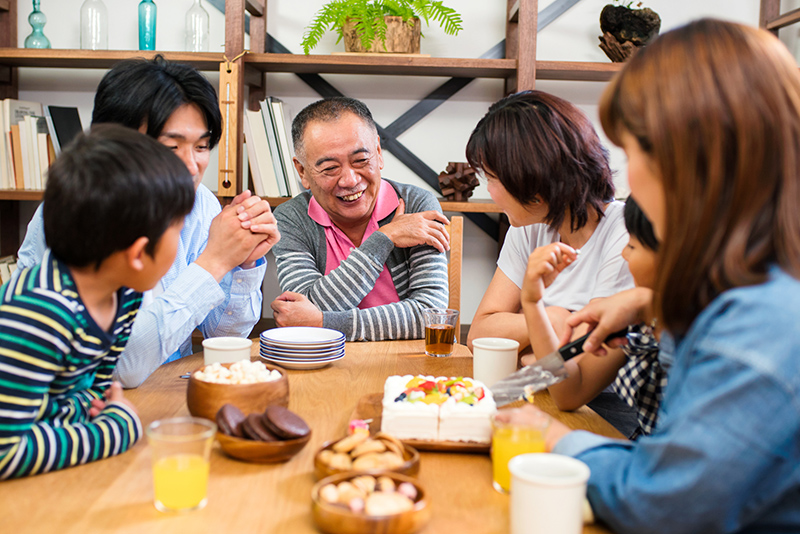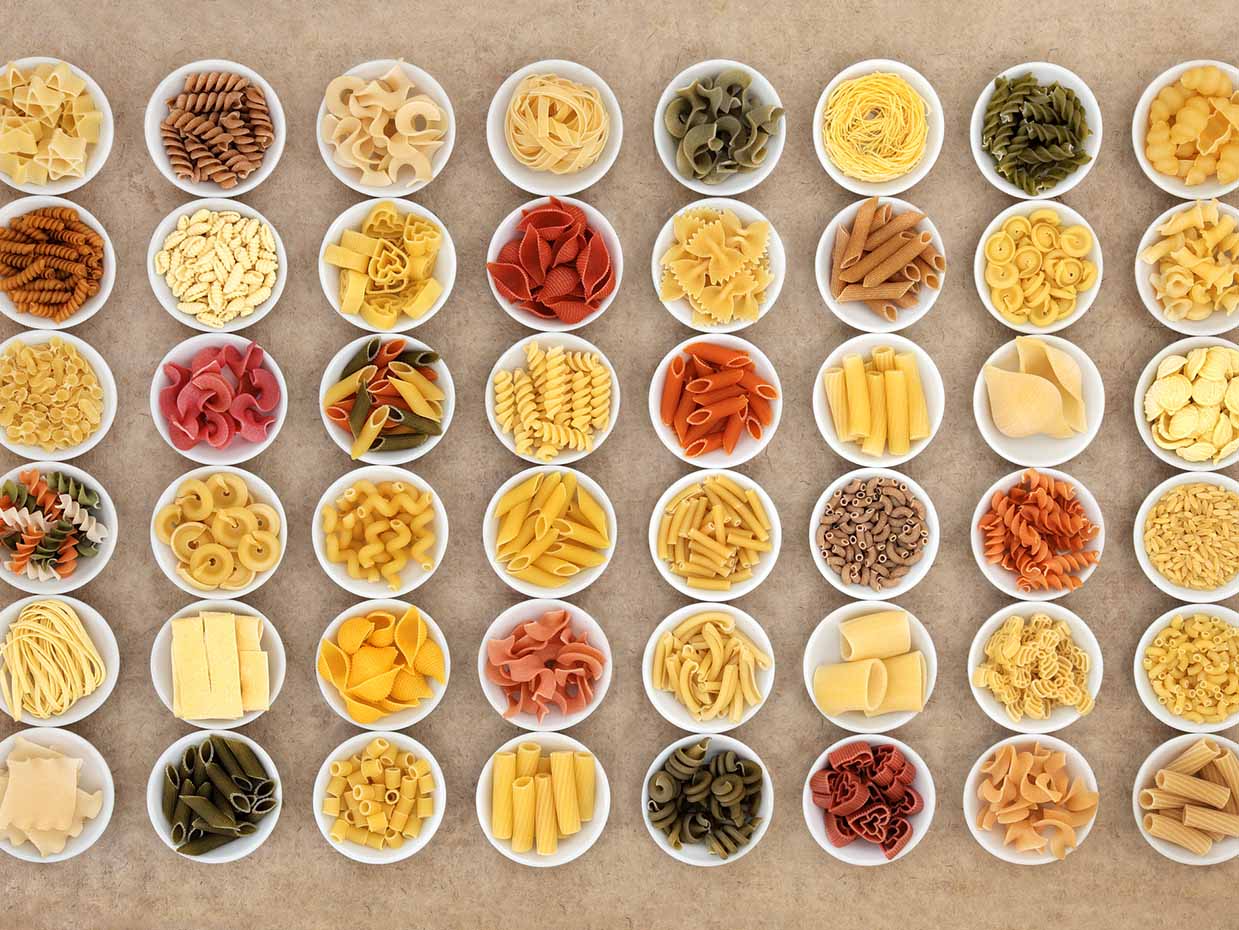Families For Life | Helping Your Child Connect with Others in the Community

People other than friends help us in different ways. A coach might listen to your child’s worries, a friend’s parent might give your child a lift to school or a librarian might help with finding a book. Children who have strong community connections and links to supportive people are more likely do better later in life.
Why community connections are good
Children who are connected to other people in their extended family, friends, neighbourhood and community have:
a sense of belonging to a network, place and community
opportunities to learn about getting along with others
people to go to when they need help
a network they can use to learn about different jobs, skills and so on.
Strong social connections can also boost your child’s confidence and lead to friendships.
Your child benefits from being part of the following groups
Extended family and family friends
These people can strengthen your child’s sense of belonging. Some of these people are in your child’s life because you’ve chosen them. Others are related to you and your child.
They can share an interest in your child – for example, they might celebrate birthdays together with your family. When your child has some important news, extended family and friends share his excitement and achievements – for example, his grandparents might be happy for him when he wins an award at school.
Being in touch with other adults and families also helps children to see that not all families are the same and that some work in different ways. This gives your child a sense that there are lots of different values, routines and ideas in the world.
And when parents are under stress, family members or family friends might step in to help and support your family. For example, they might pick up your child from school if you’re sick or delayed.
Neighbourhood
When you and your child are out and about in your neighbourhood, your child gets to appreciate how people in the neighbourhood work together to make it a safe and friendly place. When you’re walking or riding bicycles around the streets, just saying hello or waving to your neighbours creates this friendly feeling.
You can also point out people like crossing guards, shopkeepers, doctors, babysitters, librarians and emergency services. Maybe you could also talk about how you can go to these people if you need help.
Community
Community sport, music, art, religion, volunteer, hobby and project groups and activities can give your child opportunities to build skills, follow interests and ‘give back’ to the community. They are also a way for you to connect with other parents.
Tips for helping children make community connections
Here are some ideas for helping your child connect with your family and friends, and people in the neighbourhood and community:
Practise social skills – for example, saying hello, using ‘please’ and ‘thank you’, saying ‘excuse me’ and waiting for your turn in a conversation. Your child will watch the way you talk with others and follow your example.
Encourage your child to ask his grandparents and family friends about when they were young.
Look at photos of family and friends with your child to spark her interest in the relationships that are important to your family.
Make opportunities for trusted relatives or family friends to have time with your child. Check with your child that he’s OK with this and enjoys his time with these people.
Walk or cycle to a park and let your child play on the equipment. Being out in your neighbourhood gives you and your child the chance to meet new people.
Get involved in community events and take your child along with you. Working bees at school, community gardens and festivals give you and your child an opportunity to connect with people who are working together.
Show your child that connection is a two-way thing. When you work with others and help them, they’ll do the same for you.
If your child has special needs, try to foster her relationship and your relationship with people who help to care for her – for example, caregivers, teacher aides, therapists, doctors and so on. For example, you might help her to choose a photo of a special holiday to share with her caregiver.
Your child’s safety in the community
There are some adults you might not want your child to connect with.
When your child is starting a new activity led by paid or voluntary staff, it’s worthwhile finding out about the child safety policy of the organisation that employs them. If it isn’t mentioned in the enrolment information and permission forms, it’s OK for you to ask.
Always meet and talk with adults who’ll be in contact with your child away from home or school, and share information about them with other parents. It’s also a good idea to encourage your child to tell you about adults that he’s coming into contact with – for example, a new helper at his sports club.
You can also talk with your child about what might happen in our bodies if we’re feeling unsafe or frightened. For example, ‘Sometimes someone might say or do something that gives you a bad feeling, or makes you feel nervous or scared. Your heart might beat really fast or you might feel sick in the tummy. This can be a sign that you don’t feel safe. You can tell mum or dad if that happens to you’.
You might need to explain the difference between feeling a bit excited or nervous – for example, before singing in the class concert – and feeling unsafe.
If your child has some uncomfortable or negative feelings about a person or experience, it’s important to take these feelings seriously. Don’t try to tell your child that she enjoyed an experience or that she’s imagining something if she’s telling you something different.
Encourage your child to be alert and observant. When you go for walks around the neighbourhood, play a game of ‘Who can you see?’ ‘Why are people on the street?’ ‘What are they doing?’ You and your child will probably notice most people going about their everyday business. This helps your child to be aware of his personal safety.
© raisingchildren.net.au, translated and adapted with permission
Explore more

DID YOU KNOW?
Playing with pasta pieces, especially macaroni, can be an excellent way to boost your child's acquisition of fine motor skills!
READ MORE